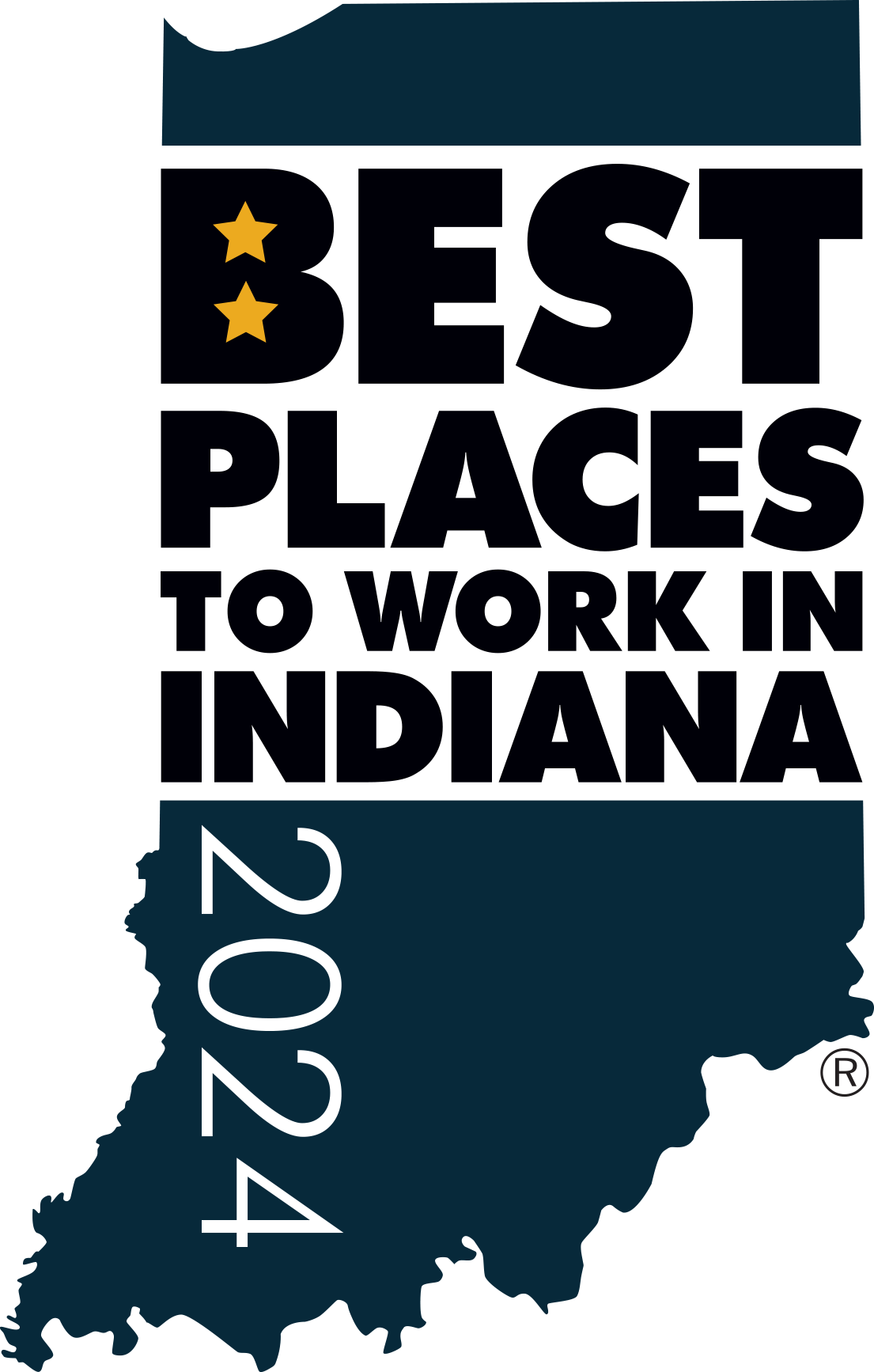COVID Job Switchers Are Miserable Now, But You Don’t Have to Be
Many job switchers during COVID thought switching jobs would be their golden ticket to a better work life. Turns out, it wasn’t. According to a recent report from The Conference Board, workers who hopped jobs during the COVID-19 pandemic and the great resignation are now feeling more dissatisfied than those who stayed put. Surprised? You shouldn’t be.
The Real Problem: People Issues and Inflation
The biggest issues for job switchers? Leadership and culture. They left for a better paycheck, but now they may be stuck with crappy bosses and a toxic work environment. Compensation is a double-edged sword. Sure, you got a raise, but thanks to inflation, that extra cash doesn’t stretch as far as you hoped. Turns out, more money isn’t always the answer.
Job Satisfaction: A Mixed Bag
Overall job satisfaction barely budged, ticking up just 0.4 points to 62.7%. But here’s the kicker: satisfaction with all 26 drivers, like bonuses and promotions, dropped. For job switchers, satisfaction plummeted by a whopping 5.6 points. Why? Because leadership sucks, communication is poor, co-workers are a pain, and job security feels like a joke.
Who’s the Most Miserable?
New employees, especially those in their roles for six months to three years, are the least satisfied. Half of those planning to quit soon have been around for less than three years. Their main complaints? The lack of bonuses, promotions, performance reviews, recognition, and training.
Women Get the Short End of the Stick
Women reported lower satisfaction scores than men across almost all survey components for the sixth year in a row. The biggest gaps are in wages, bonuses, growth potential, health benefits, mental health policies, and retirement plans. If you’re a woman in the workforce, it’s not just the glass ceiling—it’s everything else too.
What Job Switchers Really Want
In an earlier survey, pandemic job switchers said they got pay hikes but worried about keeping up with inflation. They also wanted career advancement, flexibility, and were fed up with their old jobs. A recent FlexJobs report says more than half of workers are eyeing a career change for better work-life balance, and more meaningful work. Clearly, priorities are changing.
How to Keep Top Talent
If you want to keep your best employees in 2024, listen up. HR pros need to pay attention to employees, check in with managers regularly, and offer mentorship opportunities. Creating a positive and supportive work environment is key. Your employees need to feel valued, respected, and like they have a future with your company.
The Bottom Line
While a bigger paycheck is important, it can’t be the only reason for switching jobs. And if you want your people to stay, companies need to step up and fix leadership issues, improve workplace culture, and offer real growth opportunities. Otherwise, they’ll keep losing talent to the next shiny job offer that comes along.
It’s time to stop the revolving door of dissatisfaction and start building workplaces where people want to join and stay.

